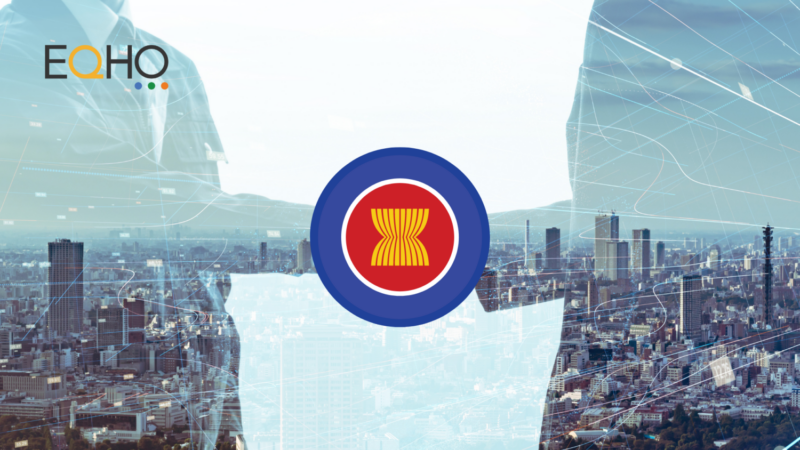The World Cup and Olympics are sporting events that attract a truly global audience.
Statistics from Fifa show that 909.6 million television viewers watched at least part of the 2010 World Cup final in South Africa, while according to the International Olympic Committee the opening ceremony of the London 2012 Olympics attracted an estimated global TV audience of 900 million people.
These are truly staggering figures and give an indication of just how popular these types of events are, and the opportunities they present to marketers how have a global strategy in place.
With Brazil hosting the next installments of both these sporting occasions, brands should be looking to take advantage of the situation by creating content not only in Portuguese, but an array of other relevant languages.
Major companies such as Adidas, Sony, Visa, and McDonald's are busy trying to create and implement engaging and innovative marketing campaigns in an effort to improve brand exposure.
Localization will obviously be part of this process, as there will be a requirement for information to be translated into different languages. For example, a Japanese fan will struggle to understand the rules surrounding ticket purchases if they are only available in Portuguese.
Bearing this in mind, let's have a look at some of the localization opportunities that have been created by these spectacles.
Documentation
Logistics plays a big role in any event, but with the World Cup 2014 in Brazil expected to attract 3.7 million visitors, it is particularly important. Event organizers, sponsors, hotels, restaurants and retail stores are just some of the groups that will be looking to translate their literature into a range of languages to cater for visitors. Registration forms and event signage also have to be multilingual to help participants and fans get around. No country wants to be remembered for not creating a fan-friendly atmosphere.
Apps
Your company may have created a great app based around one of the sporting events, but its exposure will be limited severely if it is not localized for other markets. This is a valuable opportunity to establish relationships with new customers and one that should not be missed out on. Global visitors will still be expecting a customized experience based on their preferences, so always bear this in mind.
Video content
Visuals are a very engaging way of grabbing the attention of people, as studies have shown people remember 80 per cent of what they see and do, but only 20 per cent of what they read and ten per cent of what hear. However, videos will only work if people understand the message behind them. This is why brands should localize their videos through voice overs. By using experts, firms can make sure the script is formatted in the right way, pronunciation guides are created and all post-production issues are taken care of. Considering that YouTube has over one billion unique user visits every month, it's clear this medium is very popular and should be exploited.
Social media
Social media and sporting events are a perfect fit. An amazing 16.4 million tweets were sent during Brazil's victory over Chile on June 28th, with 388,985 specific to the final penalty. This makes it the most tweeted-about event in the history of social media. If global marketers want to harness the power of social media, they need to follow a multi-lingual strategy and this means turning to localizations providers. But remember, when it comes to social media, context and relevance is key.
"Spontaneity, empathy or a tone of voice is difficult to reproduce in another language. Humor and cultural references, points of view and colloquial expressions don't cross the language barrier well in 140 characters," said branding and marketing specialist Veronique Mermaz. "On Twitter, a 130-character message in English can easily become 160 characters when translated in French. Like good manners, hashtags have a meaning in a precise context."



